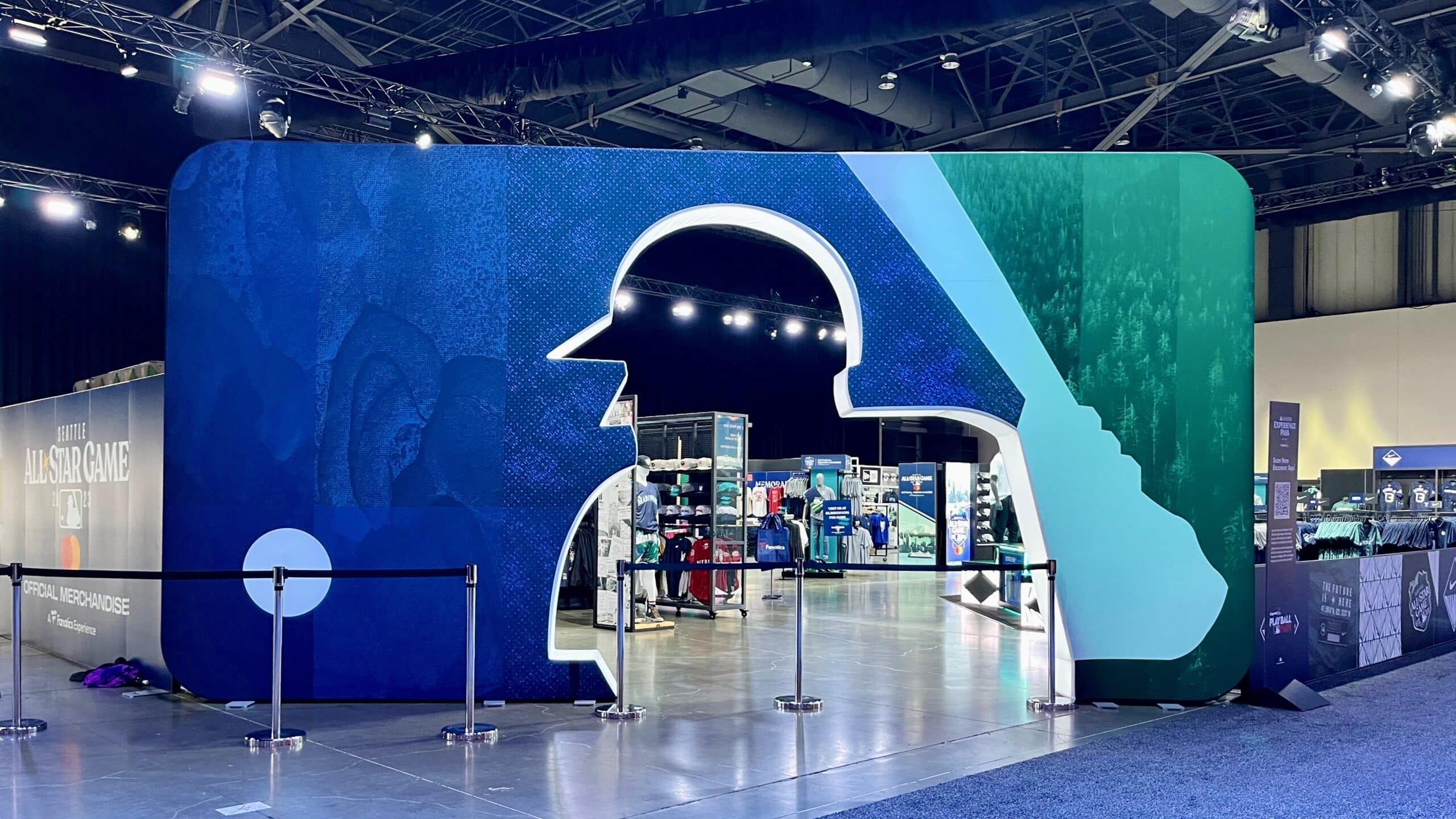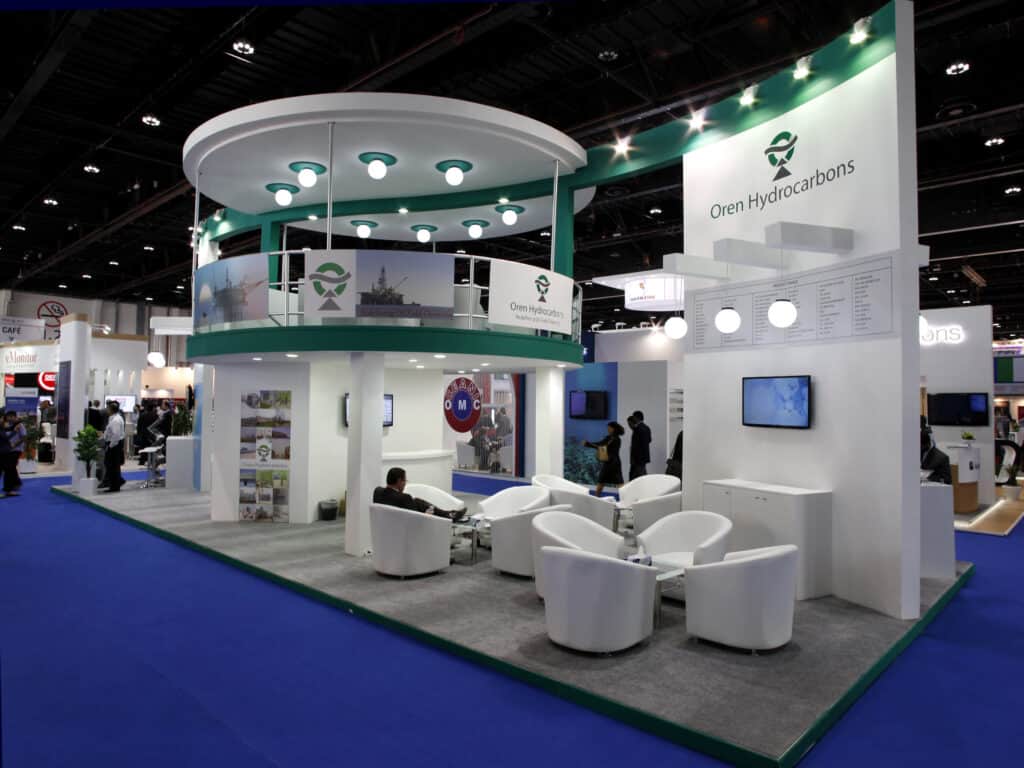[ad_1]
The San Diego City Council this week moved forward with regulations that will govern the city’s use of surveillance technology, but not without changes many residents oppose, including an exemption for police officers on federal task forces.
Councilmembers will need to vote on the ordinance a final time before it can be implemented.
The regulations were proposed in 2019 after residents learned the city had installed a network of 3,000 cameras on streetlights three years earlier, and that police used the technology to investigate certain types of crimes.
The ordinance is intended to increase transparency and oversight of surveillance technology used by the city. City staff will be required to issue reports about the intended use of such technology, and the City Council will have to decide whether to move forward, but not before the public and a privacy advisory board created earlier this year weigh in.
The council would be required to reconsider the use of the technology annually.
Monday’s vote came a month after the council voted 5-4, to make amendments during what was expected to be a final vote on the ordinance. During a June 20 meeting, Councilmember Raul Campillo asked for a couple of changes, including the exemption for San Diego police officers on federal task forces. The amendments also included a cap on attorney fees at $15,000 in the event of a lawsuit over the regulations.
San Diego police Chief David Nisleit had asked for the police-related exemption, saying federal agencies bar task force members from disclosing information about their use of surveillance technology. Requiring them to do so, through the ordinance, would mean effectively that San Diego police could no longer work on federal task forces, Nisleit said.
On Monday, dozens of public speakers called on the council to reject the exemption and the cap on attorney fees. Several speakers identified as members of marginalized communities, including Muslims who said they fear the FBI could monitor them. They said they and their families already felt surveilled after the 9/11 terrorist attacks.
“We’re all humans and we all want to feel safe,” Councilmember Monica Montgomery Steppe said in response to the public comments.
She said that while she does not agree with the amendments, the city needs to implement the ordinance. Montgomery Steppe, who championed the ordinance alongside various community groups, expressed frustrations over the delays.
“I just feel like we’ve been through too much to stall this any more,” she said.
Council President Sean Elo-Rivera said the council had to weigh a desire to implement the ordinance against a wish to protect communities and their civil liberties. At his request, the council agreed to discuss at a later date additional amendments to safeguard against the collection of information related to health care, citizenship status, religion, sexual orientation, gender identity and race.
The City Council first approved the surveillance-related ordinance in November 2020. Several employees groups invoked their right to review the regulations before the council considered them for final approval — a review process that took 18 months.
The ordinance stems at least in part from the city’s use of smart streetlights, which were initially sold to the public as cost- and energy-saving equipment. The lights were equipped with cameras and microphones to collect data on traffic movements, weather and more.
The existence of cameras was not widely known initially. San Diego police said they learned about the cameras in 2018 and proceeded to tap into the footage to investigate — and in many cases, solve — serious or violent crimes like homicides.
Nisleit has said the Police Department did not engage in live monitoring of the footage.
Residents, surprised by the use of the cameras, expressed concerns about potential violations of civil liberties and surveillance or over-policing of marginalized communities. They argued that the use of the technology, without oversight and transparency, was problematic.
Officials have said the cameras were turned off in 2020, although during Monday’s council meeting, a police captain said that the cameras continue to record but police are unable to access or download the footage.
Capt. Jeffrey Jordon said the city would need to be served with a search warrant to access the footage — a task that would require city employees to take down the cameras to download the footage.
This story originally appeared in San Diego Union-Tribune.
©2022 The San Diego Union-Tribune. Visit sandiegouniontribune.com. Distributed by Tribune Content Agency, LLC.
[ad_2]
Source link







